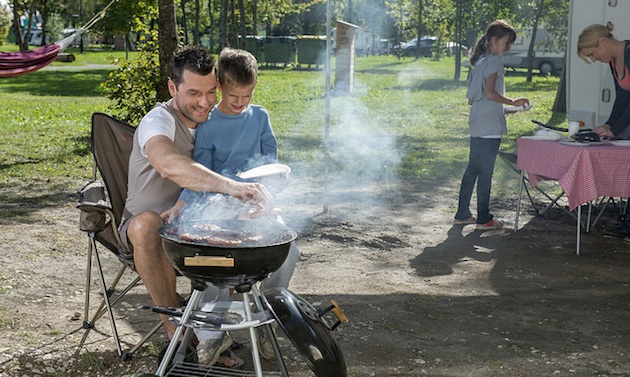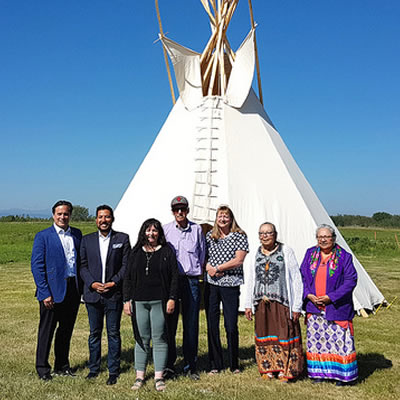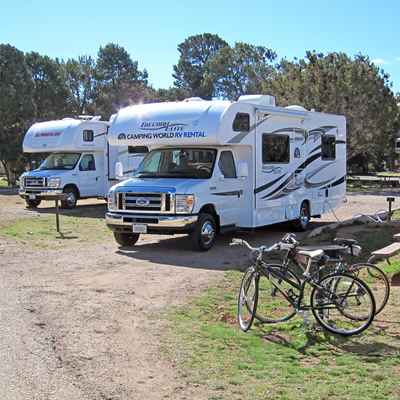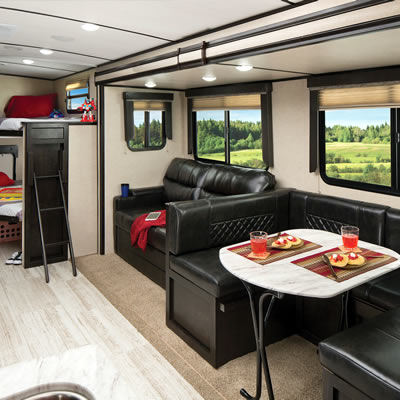Grilling safety

The sun is warming up, some flowers have started poking through the ground, the trees are getting their first buds and the grass is looking green. It almost feels like RVing time.
I have already seen a lot of trailers, fifth wheels and campers on the road heading for the first camp of the year. Even those of us who haven’t actually made it camping yet have started pulling out our grills and started the barbecue season.
I received a note from Enviro-Log to talk about safety while grilling. Here are some tips they passed on:
“Cooking outdoors has its risks, but they can be reduced by taking the right precautions and following safety procedures,” said Ross McRoy, president of Enviro-Log. “We urge people not to wait until after an accident has already happened to think about grilling safety. Please consider the following safety tips to help you avoid outdoor cooking accidents.”
- Safety first. Never leave your grill or fire unattended and be sure to keep children and pets away from the fire and cooking area. Have a fire extinguisher nearby in case of emergency.
- Read the manual. Not all grills are the same. Always read instruction manuals and consult the manufacturer about the proper use of your grill, firepit, or chiminea before use.
- Select the proper location. The National Fire Protection Administration said grills are the cause of 3,600 structure fires every year. Grills, fire pits and chimineas should only be used outdoors and never in a trailer, tent, house, garage, covered porch or any enclosed area. They should be positioned at least 10 feet away from your house. In addition to creating a fire hazard, operating a grill, firepit or chiminea in an enclosed area can lead to the accumulation of carbon monoxide.
- Stay out of the wind. Never operate your grill, firepit or chiminea in high winds. High winds can significantly increase the risk of flames spreading to nearby structures, including your home.
- For charcoal grills, ever add lighter fluid or any other flammable liquids to a grill that has been lit. Doing so can result in flare-ups that can travel several feet. Consider alternative firestarter products that offer a preselected start that can easily be extinguished. Always let your charcoal cool completely before moving your grill or leaving it unattended. When you are finished grilling, douse the coals or soak them in water before disposing of them in a metal container.
- Propane and natural gas grills: The NFPA reported that five out of every six grill fires involve gas grills. To reduce the risk, always check for gas leaks every time you disconnect and reconnect the regulator to your propane tank. Never attach or disconnect a propane tank, or move or alter gas fittings when the grill is in operation or is hot. Never use a propane tank if it contains bulges, dents, gouges, corrosion, rust or other forms of visual external damage. Clean and perform general maintenance on your propane or natural gas grill twice a year. Always turn off the gas at the source (tank or supply line) prior to inspecting parts. Visually inspect hoses for abrasion, wear and leaks before each use. When lighting a gas grill, always keep the lid open to prevent a flash-off from gas build-up. Almost a third of gas grill injuries happen when the grill is being lit, according to the NFPA. Do not lean over the grill when igniting the burners or cooking. If the gas grill does not ignite on the first try, wait five minutes for the gas to clear before trying again.
- Campfires: Always follow your campsite fire guidelines. Never build a fire in hazardous, windy or dry conditions, and keep campfires at least 15 feet away from tents, shrubs, trees (and low-hanging branches) and other flammable objects. Have a bucket of water and shovel nearby. Never cut branches from live trees, and only use material that is approved for use by your campsite. When finished with a campfire, be sure it is fully extinguished before abandoning it. Dousing it with water is preferred, but dirt and sand can also be used to mix up the embers until they are cooled,
Have a wonderful, tasty and safe grilling season.








